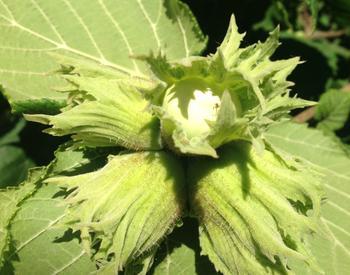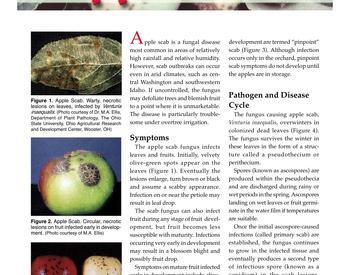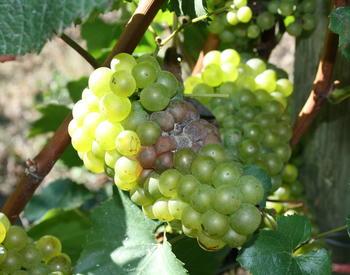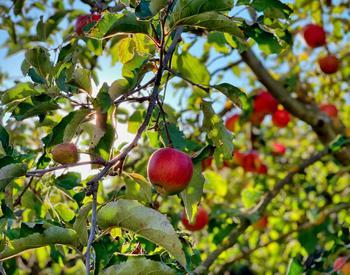Each year about 6,000-15,000 migrant and seasonal farm workers arrive in the Columbia River Gorge from late May through early June to work in orchards, packing houses and on farms to harvest, pack, and process the region's cherries, apples, peaches, pears, blueberries and wine grapes. In 2020, these workers and their families were among the most vulnerable groups for COVID-19, given their congregate traveling, working and housing conditions. COVID-19’s spread threatened the region’s local agricultural sector, posing both a humanitarian and economic crisis.
In response, a team of community organizations that included the Oregon State University Extension Service mobilized for the 2020 harvest season to support migrant and seasonal farm workers. Hundreds of hours were spent in dozens of coordination meetings developing a collective response. Wasco and Hood River counties mobilized their emergency operation centers and incident command.
Extension faculty played a critical role in supporting these workers with food, quarantine housing, personal protective equipment, communicating about COVID symptoms, testing and prevention. They also supported new technology for regional medical providers to offer telehealth and for children to participate in distance learning. Faculty members Lauren Kraemer, Ashley Thompson and Lynette Black serve on local emergency operation center and incident command committees. Kraemer served on the Migrant and Seasonal Farm Worker Taskforce, a food support subcommittee and separate Migrant and Seasonal Farm Worker Advisory Board and Evaluation Team meetings. Thompson supported the agriculture sector in the region, offering webinars, training and support and evaluation to local orchardists. Black managed volunteers and supported personal protective equipment donations and distribution.
An Extension summer intern, Daniela Valle, developed plain-language pictorial public service announcements and infographics about COVID-19 symptoms, prevention, face coverings and care and that were shared via email as posters and flyers, as well as through Instagram and Facebook posts. Kraemer also worked with the Extension Food Hero team and colleague Glenda Hyde to adapt existing High Speed Hand Washing (HSHW) materials for adults in the workplace. Extension faculty distributed hundreds of thousands of disposable face coverings and over 4,000 reusable cloth face coverings among the region’s agricultural communities. They also handed out HSHW materials on waterproof paper to local agriculture partners to encourage efficient and effective handwashing practices.
As a result, Extension’s multi-pronged approach resulted in fewer cases of COVID-19. In Wasco County, the COVID-19 infection rate among migrant workers was 0.41%. There were zero deaths or hospitalizations among migrant and seasonal farm workers and zero cases in Wasco County packing houses. Free hand sanitizer, WiFi hot spots, and other actions saved orchardists an estimated $45,000. In a January 2021 Wasco County Advisory Board meeting, two local orchardists, a county administrator, and county commissioner shared their deep gratitude and pride in Extension organization for its response to COVID-19 and the support provided to the region.
















